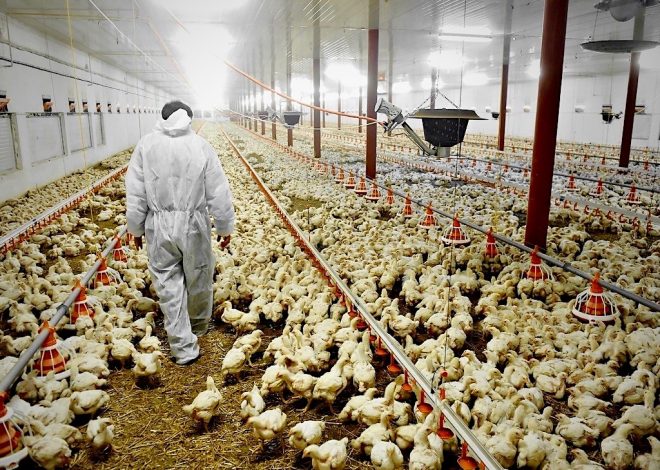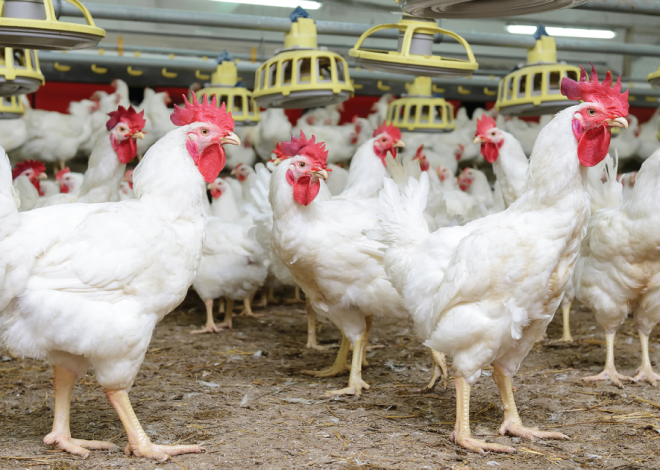The agricultural landscape is continually evolving, and at the heart of this transformation lies the dynamic sector of livestock farming. Livestock, comprising animals like cattle, poultry, and goats, plays a multifaceted role in agriculture, contributing not only to food production but also to economic growth and environmental sustainability. This article explores the recent advancements in livestock farming, highlighting the strides made in technology, sustainability, and overall productivity.
**1. Technological Integration:
- Precision Farming: Livestock farming has embraced precision agriculture, leveraging technology to optimize various processes. From automated feeding systems and sensor-based monitoring to smart health management tools, technology is enhancing efficiency, reducing waste, and ensuring the well-being of the animals.
**2. Genetic Improvement:
- Selective Breeding and Genetic Engineering: Genetic advancements have played a pivotal role in enhancing livestock traits. Selective breeding programs aim to develop breeds with desirable characteristics such as higher milk yield, disease resistance, and adaptability to diverse environments. Additionally, genetic engineering holds promise for further refining livestock genetics to meet evolving agricultural needs.
**3. Sustainable Practices:
- Regenerative Agriculture: The livestock sector is increasingly adopting regenerative agricultural practices that prioritize soil health, biodiversity, and ecosystem resilience. Rotational grazing, agroforestry, and integrated crop-livestock systems are examples of sustainable approaches that promote both productivity and environmental stewardship.
**4. Nutritional Enhancement:
- Fortified Animal Feeds: Livestock nutrition has become a focus area for improvement. Fortified animal feeds, enriched with essential nutrients, contribute to better growth, reproductive health, and the overall well-being of the animals. This, in turn, enhances the quality of animal products like meat and dairy.
**5. Digital Agriculture:
- Farm Management Software: The advent of digital agriculture has introduced farm management software that enables farmers to monitor and manage livestock operations more efficiently. These tools aid in record-keeping, data analysis, and decision-making, empowering farmers to optimize their practices for better outcomes.
**6. Alternative Proteins:
- Cultivated and Plant-Based Alternatives: In response to environmental concerns and evolving consumer preferences, the livestock sector is exploring alternative protein sources. Cultivated meat and plant-based alternatives are emerging as sustainable options that reduce the environmental footprint associated with traditional livestock farming.
**7. Animal Welfare Standards:
- Ethical Farming Practices: Increasing awareness of animal welfare has led to the development and implementation of ethical farming practices. Farmers are adopting standards that prioritize the humane treatment of animals, ensuring their physical and mental well-being throughout their lifecycle.
**8. Global Collaboration:
- Knowledge Sharing and Research Collaboration: Advancements in livestock farming are not confined to geographical boundaries. Global collaboration and knowledge sharing have become integral to the sector’s progress. Research institutions, governmental bodies, and international organizations collaborate to address common challenges and develop sustainable solutions.
Conclusion:
The evolution of livestock farming reflects a commitment to sustainable agriculture that balances productivity, environmental conservation, and animal welfare. Through technological integration, genetic advancements, sustainable practices, and a global perspective, the livestock sector is poised to meet the challenges of a rapidly changing world. As we navigate the future of agriculture, the ongoing advancements in livestock farming stand as a testament to the industry’s resilience and adaptability, paving the way for a more sustainable and nourished world.











